The descriptor “Game changer” has been used by many industries. Technology is contributing in making an industry game changer but cosmetics industry has completely altered the traditional form and has evolved as a revolutionary business model innovation.
In the fast moving consumer goods (FMCG) and retail sector, the cosmetics industry is evolving with trends and consumer behavior. Over the last few years, some trends have emerged to redefine the future of beauty.
Customized cosmetics being one of the many trends have been catching the eyes of many customers but the industry is in its nascent stage for entrepreneurs.
The customized cosmetics industry evolved by finding a connection between micro-trends and macro-consumer needs, which are readily shifting. So the real question here, is it justified to invest in something that has become popular due to trend. The industry is creating more micro-trends which are representing serious opportunities.
Here we present, the business model, revenue model, features, what industry leaders have to say about it and the future of the cosmetics.
Business Model for Online Customizable Cosmetic Industry
Understanding the customer’s requirement then creating a product.
- The company must preferably work in creating customized cosmetics only.
- The customers are given categories from which they choose the product.
- After selecting the product, the customer will be asked questions to understand the problem.
- Depending on the allergies or reaction, the website selects components to be mixed in the product base.
- The brand with the help of logistic partners will create a customized product and deliver it to customers.
Providing customers with a base product and making minor changes according to customers
- A company which is already in the cosmetics industry can add a service to increase the number of customers and engagement.
- The customer after choosing the regular product can get the label, fragrance, color, or minor details changed.
- The buyer can modify the selections to further customize the base product.
- The elements can be predefined by the brand.
- With the help of logistic partners, the brand creates and deliver the final product.
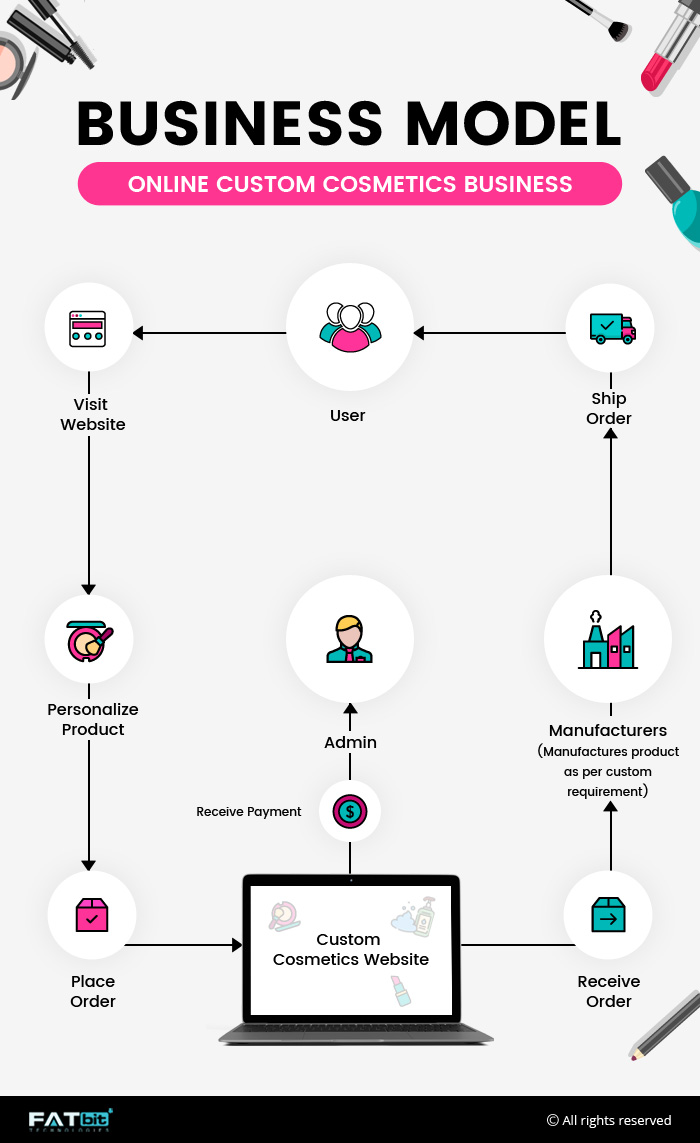
Market players
- Giella Customization
- Function of beauty
- Unique fragrance
- I love skin inc
- Esalon
- Insitu
Feature Analysis of Online Customizable Cosmetic Industry
- An algorithm to understand customers preference– Understanding the customer and his/her preference is one of the most important things while customizing a product. The website needs an algorithm to get the specific details of the customers to design the product. While some businesses are using face detection to know the details such as skin tone, others are indulging the customers to choose the best options according to their traits.
- Intuitive UI– As people have to fill in information about themselves or their preference, they need an intuitive interface which will keep them motivated to take the trouble of filling the information. Business can add gamification to their website to provide the best customer experience.
- Specific motive packages– There are different types of buyers on a customized cosmetic website. There are a few who need products for specific skin or hair problem. A customer should be allowed to find customized products. For example, hair fall is a common problem, especially for females. The website can provide a package of shampoo, conditioner, mask, serum specifically for hair fall.
- Social sharing– Social sharing functionality is highly important for customized cosmetics business as customers want to share their created products with their friends or family on social media. This will increase the customer experience and also help promote your business easily.
- E-commerce section– Businesses can sell their ready-made cosmetics online on their website as not all customers want to customize their cosmetics for their skin.
- Review– Reviews help build the trust of new customers and improve conversions. Use high-resolution product images to complement the trust-building element of the website.
- Gifting options– Cosmetics and self-grooming are products which people may want to gift. The website must have an option to order the customized product and also have an option for gift-wrap.
- How it works– People are not accustomed to the idea of customizing their own cosmetics according to their skin tone, Skin type, hair type, etc. A “how it works” section must be there on the website. Make sure that this section is on the homepage or at a prominent page so that people have a fair idea as to how they have to customize the product.
- Detailed navigation– If you provide customization of many products make sure you have an easy and well-planned navigation. So that people can easily find the product under the right categories.
- Subscription plans– Businesses can tweak their revenue plan and introduce subscription plans. People buy cosmetics on a regular basis, it may be monthly, quarterly or yearly.
- FAQ– When it comes to beauty products, customers have a lot of questions. Maintain a web page and publish a list of frequently asked questions (FAQ) to help users find solutions. Here are a few of them:
- If I have oily skin should my moisturizer have aloe vera?
- What ingredients should be in the shampoo to reduce hair fall?
- I am a fair complexion girl what tone of foundation should I buy?
Tips for the Success of Customized Cosmetics Business
USP– The business must mention the USP of their customized product on the website. Like some of the important USP, a customized business can showcase is paraben free, chemical free, etc.
Upselling– To increase average order value, custom cosmetics companies have to focus on upselling products. It is easier for them to upsell as when a customer buys a shampoo, he/she also wants to buy conditioner or serum.
Samples available with a minimum order– To increase sales and revenue of the business, custom cosmetics can provide samples or free products with a minimum order. For example: when a customer order for $300, they will receive free products with the order. This encourages customers to complete the $300 mark.
Consultation from experts– For most products, customers would know if it is suitable for their skin type or skin tone. The website can have an option where customers can fill in the details about their skin and experts advise them on which product to choose.
Revenue Model
According to a market analysis, it was analyzed that the global cosmetic products market was valued at USD 532.43 billion in 2017 and is expected to reach a market value of USD 805.61 billion by 2023, registering a CAGR of 7.14% during 2018-2023. The scope of the report is limited to various products, like hair care, skin care, oral care, color cosmetics, fragrances, soaps and shower gels, and sun care products.
Advertisement– The entrepreneur can earn extra revenue by advertising non-competitive businesses on the website. If the website has advertisements for salon services, clothing website, and more, they can earn some extra revenue.
Subscription– As cosmetics is a consumable product, the customer would want to re-order after a set period of time. To earn continuous revenue, entrepreneurs can introduce a subscription model on their website. Know more on this topic by going through our blog post on subscription box for men & women.
What is Online Personalization Cosmetics?
The beauty industry has understood that they have to embrace personalization as no two faces are similar. Famous brands are recognizing this need and implementing personalization. With cosmetics, people are feeling a sense of paralysis and they have a lot of options to choose from. When given a lot of options they are less likely to purchase anything or be happy with the product they have bought. This is the reason beauty brands have started using personalization.
Brands who personalize cosmetics
CoverGirl
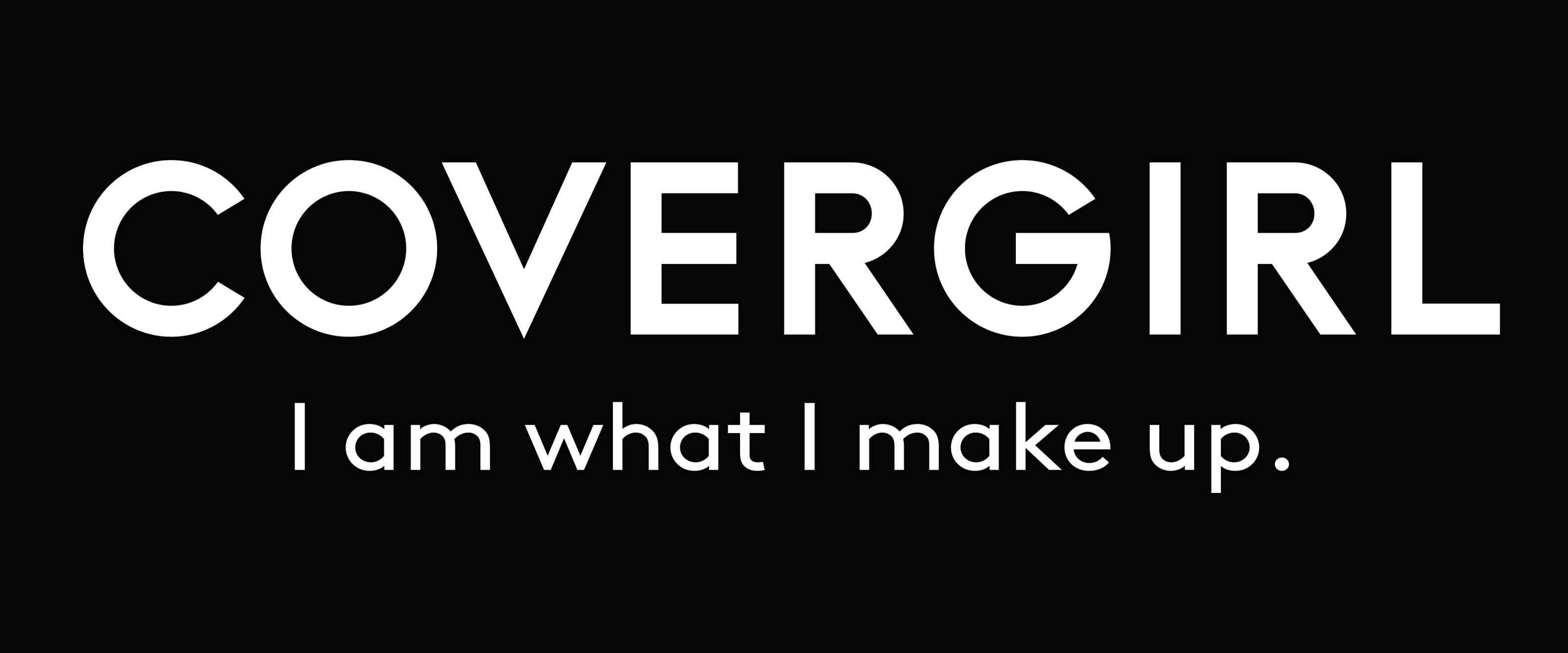
Last year, CoverGirl launched an app, Custom Blend, that analyzes people’s skin tone, intensity, and undertone, generating a numeric indicator that matches them with the right products. The whole experience is personalized, right down to the packaging. People can select fonts and label colors, and even include their name on the bottle.
Shiseido
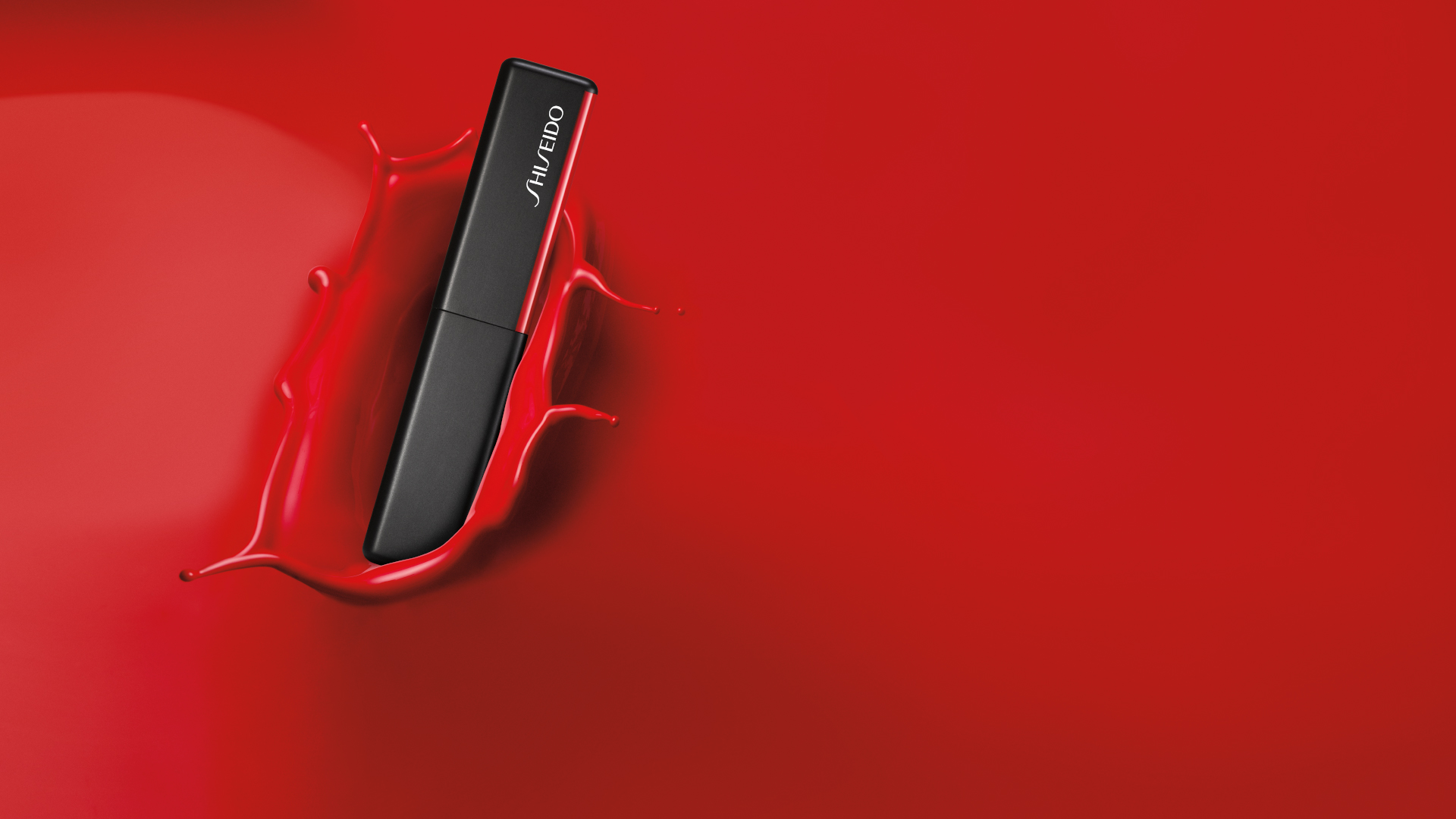
Shiseido has a skincare system that can determine someone’s skin texture, pores and moisture content with a photo. It even takes into consideration variables such as temperature and humidity. From there, Optune transmits the data to its IoT-enabled machine, which dispenses the correct serum and moisturizer combination.
Sephora
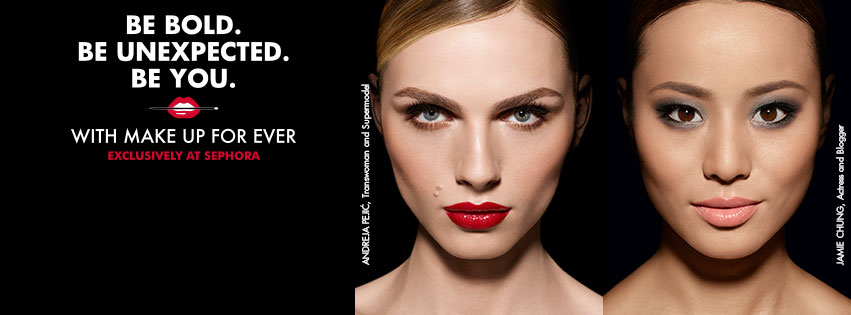
Visual Artist is a feature within the Sephora app, a feature that combines facial recognition and augmented reality. It allows consumers to “try on” different products. Skin tones have many subtle variations; so do cosmetics. And those differences don’t necessarily translate the way you think they will.
What industry leaders have to say about personalized cosmetics?
John Ellett, a contributor at Forbes, had an interview with Bridget Dolan, VP of Interactive media, Sephora. The interview’s main focus was on highly relevant personalized data helping the cosmetic industry.
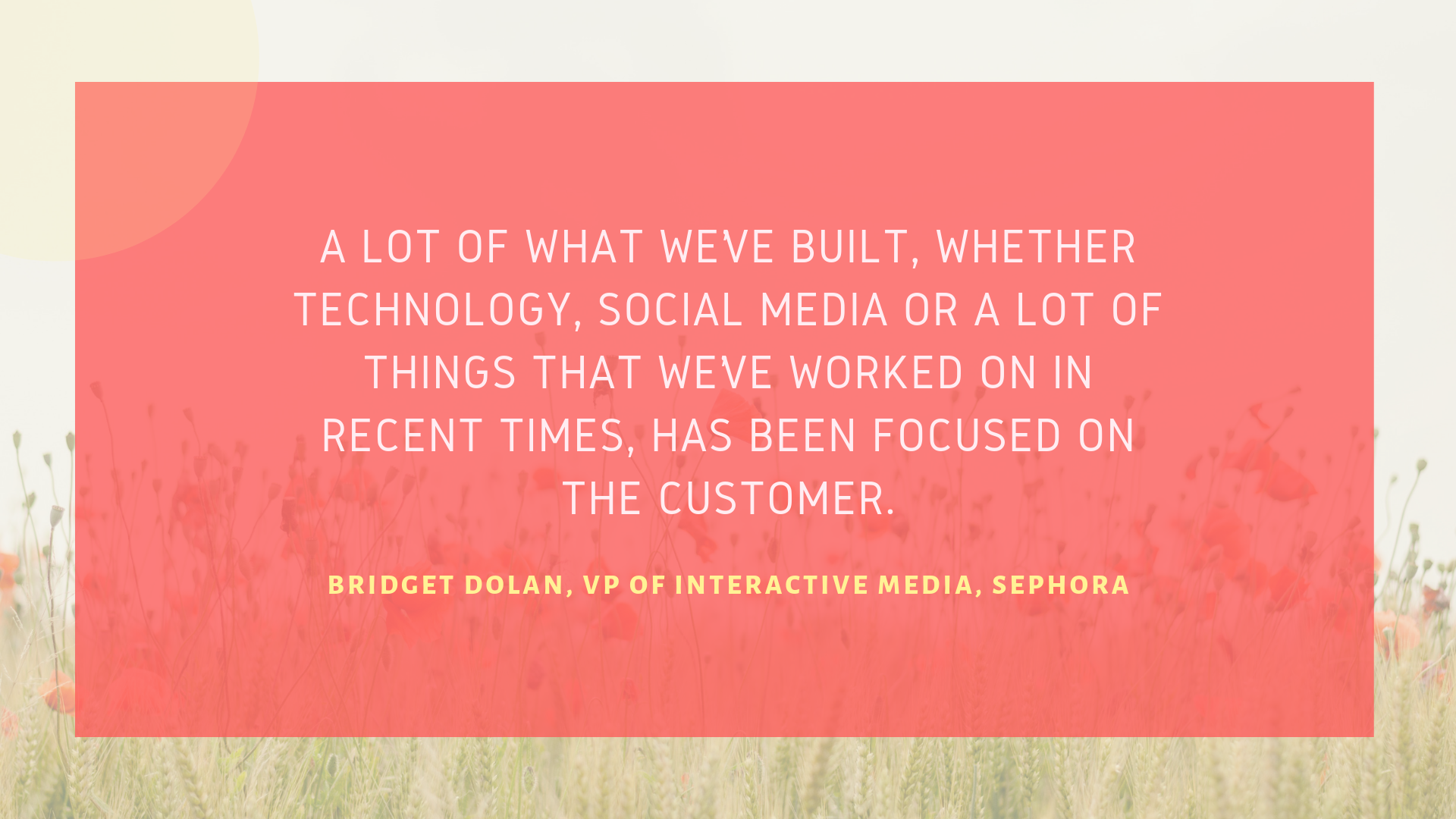
Bridget Dolan: “Every decision that we make has our customer at the center. I think a lot of companies say that. But we really mean it. We think about, “How will this impact our customers?” “What’s the right thing for our customers?” Then we think, “OK. Hopefully, it’s also the right thing for us.” And in some cases, it’s not and we still do it anyway. A lot of what we’ve built, whether technology, social media or a lot of things that we’ve worked on in recent times, has been focused on the customer — whatever she needs to be able to make that purchase. We have not put technology for technology’s sake in our store just because we thought it would be cool.”
Loli Beauty newly launched in the beauty industry opinion about “micro-customization”.

Tina Hedges, founder Loli Beauty, says “The concept of a static skin or hair type is outdated and driven by the business requirements of big beauty companies, rather than the actual needs of the consumers. Nutrition, health, emotions and even geo-locations impact the state of your skin or hair. Micro-customization on-demand allows our consumers to personalize their products based on their daily needs.”
What is the Future of the Cosmetics Industry?
The future of the cosmetic industry has taken customization one step forward. First people had to fill in the details and preferences to customize their product. Now there are devices which will create the product for the customers at home. Using water and encapsulated raw materials, ranging from skincare to hygiene and hair products.
In the past few decades, the beauty industry has become bloated and there hasn’t been any change in the value chain either. With many newcomers in the online market, people can do much more by deciding what cosmetic they want to buy. Additionally, now they can customize every parameter of the product that suits them personally.
This is indicative of the fact that we have entered an age of e-retail where providing an easy online service isn’t enough anymore. It all finally revolves around providing the audience with an individualized experience.Given the fact that there are not many such startups in the cosmetic industry recently, a personalized beauty product service is indeed looking towards a bright future.







